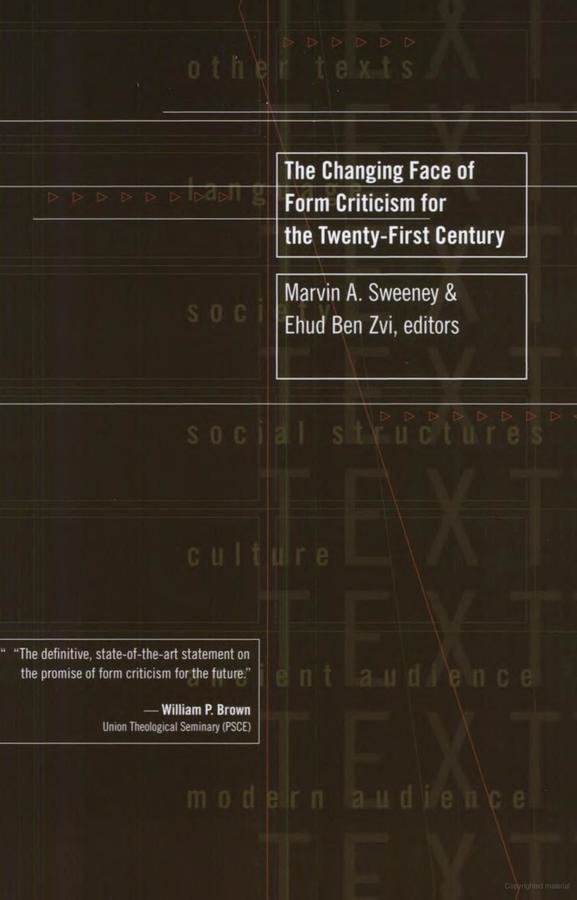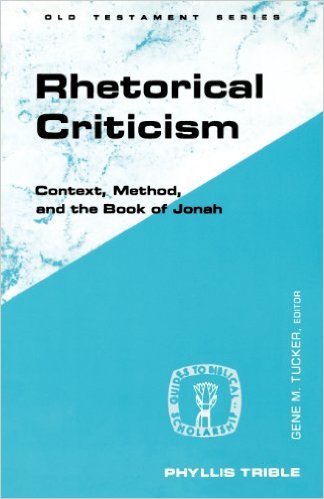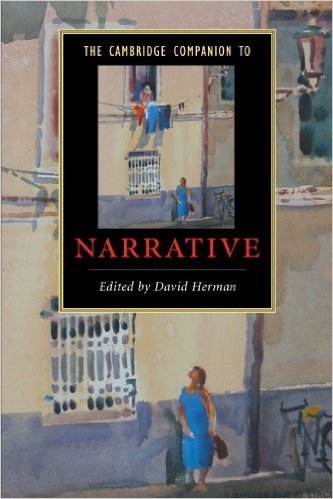GENRE
gen·re
/ˈZHänrə/
n. a coherent and recurring configuration of literary features involving form (including structure and style), content and function.
Genre as Criticism
Locating Genre in the web of critical methodologies
Genre as Criticism
-
Form Criticism
-
Structural Criticism
-
Rhetorical Criticism
Genre vs Form
First, some background...
Genre vs Form
Genres cannot be defined exclusively, and not even primarily, by characteristics of form. ...

~ Erhard Blum, Formgeschichte -- A Misleading Category? Some Critical Remarks, p.33
Genre vs Form
Moreover, there is a threat of losing a simple elementary distinction: the distinction between the concrete, individual, particular text and the abstract, transindividual pattern of text formation, that is, the ‘genre.’

Genre vs Structure
In literary theory, structuralist criticism relates literary texts to a larger structure, which may be a particular genre, a range of intertextual connections, a model of a universal narrative structure, or a system of recurrent patterns or motifs.

Genre vs Rhetoric
Presidential address at SBL 1968
Seen as the start of Rhetorical Criticism
Entitled "Form Criticism and Beyond"
Muilenburg's Address
Genre vs Rhetoric
A responsible and proper articulation of the words in their linguistic patterns and in their precise formulations will reveal to us the texture and fabric of the writer's thought, not only what it is that he thinks, but as he thinks it
Muilenburg's Address

~ Phyllis Trible, Rhetorical Criticism, p.26
Genre vs Rhetoric
- Rhetoric signifies the art of composition
- The method involves close reading of texts
- The purpose is to discover authorial intent
Three Emphases of Rhetoric Criticism

~ Phyllis Trible, Rhetorical Criticism, p.26
Genre as
Classification

Genre as
Classification

A literary genre exists for itself alone as little as does an individual work of art
~ H. R. Jauss, Toward an aesthetic of reception, p.105
Genre as
Classification
Genre helps us to describe texts by singling out textual components worthy of attention

Genre as
Classification
Genre directs the ways in which we write, read, and interpret texts

Genre as
Classification
Genre prescribes artistic practices

Genre as
Classification
Genres help us to evaluate literary works

Genre as Method

Bad News
There's not one
Good News
People are still managing
- Köstenberger (John)
- Bauckham (2 Peter)
Also, see The Hermeneutical Spiral
Genre, So What?
Let's do an experiment
Genre
By James Cuénod
Genre
- 202



